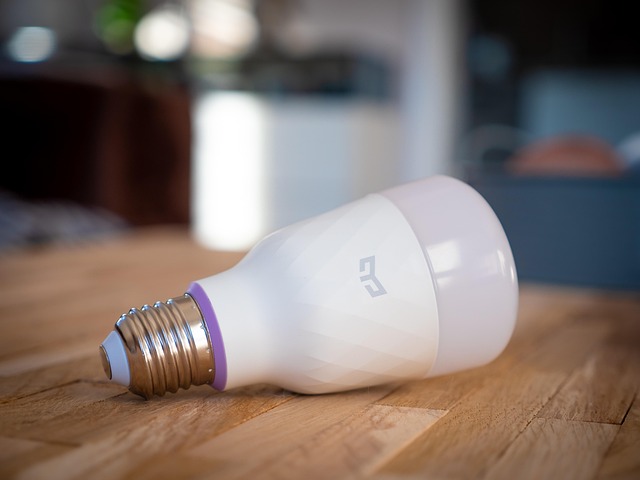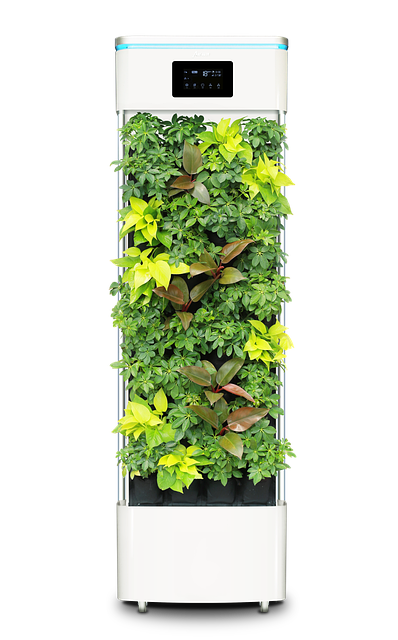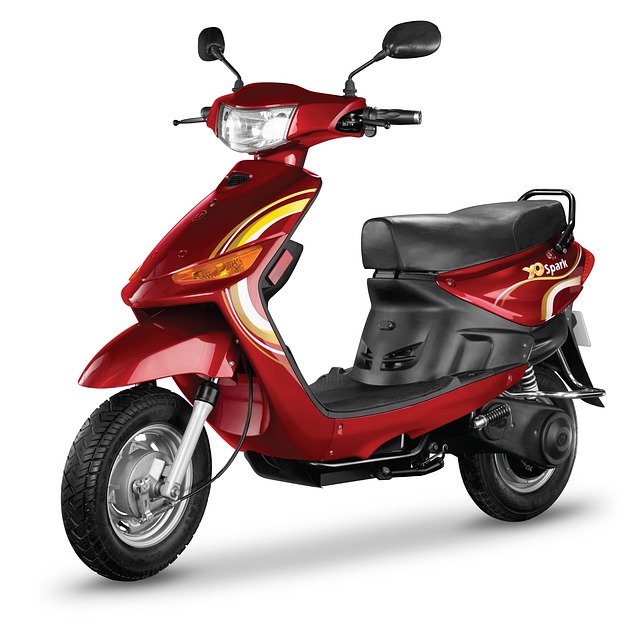Water filtration is a crucial aspect of modern plumbing that enhances energy efficiency by removing impurities, reducing the workload on appliances like water heaters. Smart plumbing systems, leveraging advanced filters, low-flow fixtures, and automation, further optimize energy and water usage, contributing to sustainability and cost savings while addressing growing water scarcity concerns.
In today’s quest for sustainable living, smart plumbing solutions are revolutionizing energy efficiency. By understanding the core role of water filtration in optimizing plumbing systems, homeowners and businesses can significantly reduce their environmental impact. This article explores innovative smart technologies transforming modern plumbing, from intelligent leak detection to advanced water purification. We delve into the multifaceted benefits of energy-efficient plumbing solutions, providing a guide to their implementation for a greener future.
- Understanding Water Filtration for Efficient Plumbing
- Smart Technologies in Modern Plumbing Systems
- Benefits and Implementation of Energy-Efficient Plumbing Solutions
Understanding Water Filtration for Efficient Plumbing

Water filtration is a crucial aspect of modern plumbing solutions, offering an efficient way to enhance energy savings and improve overall system performance. By implementing advanced water filters, homeowners and businesses can reduce energy consumption associated with heating and cooling processes. These filters work by removing impurities from water, ensuring it’s cleaner and safer for use in various appliances. For instance, a well-maintained water filter can significantly reduce the workload on water heaters, as it prevents sediment buildup that can obstruct heating elements.
Additionally, water filtration contributes to energy efficiency by optimizing plumbing systems’ overall functionality. Impure water can lead to clogs and reduced water pressure, requiring more energy for water flow. Upgrading to filtered water supplies allows for smoother water movement, lessening the strain on pumps and reducing energy wastage. This simple yet effective strategy is a game-changer in the pursuit of sustainable and cost-efficient plumbing practices.
Smart Technologies in Modern Plumbing Systems

In today’s digital era, smart plumbing systems are revolutionizing the way we manage our homes’ water usage. These advanced technologies offer more than just convenience; they significantly contribute to energy efficiency and environmental sustainability. One of the key components is integrated water filtration systems that ensure clean and pure water while minimizing energy waste. These systems use smart sensors to detect contaminants, optimizing filtration processes on-demand.
Additionally, smart plumbing incorporates energy-efficient fixtures and appliances, such as low-flow showerheads and smart toilets, which reduce water consumption without compromising performance. These innovations not only lower utility bills but also help navigate the challenges of growing water scarcity. By leveraging data and automation, modern plumbing systems can adapt to individual usage patterns, ensuring optimal resource allocation and further enhancing energy efficiency.
Benefits and Implementation of Energy-Efficient Plumbing Solutions

Smart plumbing solutions are transforming the way we manage water, offering significant benefits for both homeowners and the environment. One of the key advantages is energy efficiency; these systems significantly reduce water heating costs by utilizing advanced water filtration technologies. Modern filters can effectively remove impurities, ensuring a constant supply of clean water without the excessive energy consumption associated with traditional heating methods.
Implementing energy-efficient plumbing involves updating fixtures and appliances to low-flow variants, which minimize water wastage without compromising performance. Additionally, smart thermostats and automated controls enable precise temperature regulation, optimizing energy use. For instance, tankless water heaters, coupled with solar water heating systems, can substantially lower energy bills while providing on-demand hot water. These solutions not only contribute to cost savings but also play a vital role in sustainable water management, fostering a greener future.
